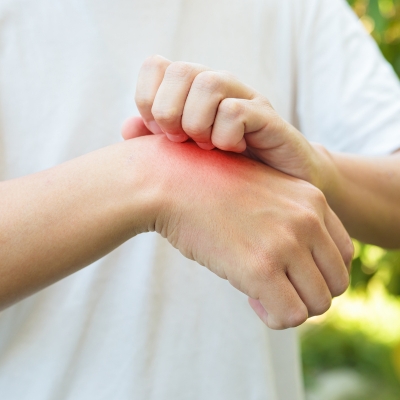Pests, often dismissed as mere nuisances, can have far-reaching consequences beyond the initial discomfort of bites or infestations. In this exploration, we delve into the lesser-known aspects of the impact pests can have on human health, shedding light on the broader implications that extend far beyond the surface itch.
**1. Allergies and Respiratory Issues: Pests, such as cockroaches and dust mites, can be potent triggers for allergies and respiratory problems. Their droppings and shed skin particles become airborne, contributing to indoor air pollution. Understanding these connections is crucial, especially for individuals with pre-existing respiratory conditions.
**2. Vector-Borne Diseases: Mosquitoes, ticks, and fleas are notorious vectors for various diseases, including malaria, Lyme disease, and West Nile virus. The bites of these pests can introduce pathogens into the bloodstream, posing serious health risks. Vigilance and preventive measures are essential, particularly in regions prone to vector-borne illnesses.
**3. Food Contamination and Poisoning: Rodents and insects infiltrating food storage areas can contaminate edibles with bacteria and pathogens. The ingestion of contaminated food can lead to food poisoning, causing symptoms ranging from mild discomfort to severe illness. Proper food storage and pest control are imperative for preventing such health hazards.
**4. Skin Infections and Secondary Complications: Constant exposure to pests, such as bed bugs or mites, can result in persistent itching and scratching. This can lead to skin infections, exacerbating the initial discomfort and potentially causing secondary complications. Recognizing the link between pests and skin health is crucial for effective prevention and treatment.
**5. Mental Health Impact: Prolonged exposure to pest infestations, particularly in the home environment, can have a detrimental effect on mental health. Anxiety, stress, and disrupted sleep patterns are common consequences. Addressing pest issues promptly not only alleviates physical discomfort but also contributes to overall mental well-being.
**6. Asthma Exacerbation: Cockroach droppings and certain pests’ presence can trigger asthma attacks, particularly in children. Understanding the connection between pest infestations and respiratory conditions is vital for managing asthma symptoms and creating a healthier indoor environment.
**7. Insect Stings and Allergic Reactions: For some individuals, insect stings can lead to severe allergic reactions, known as anaphylaxis. Bees, wasps, and other stinging insects can pose a significant health threat. Recognizing the signs of allergic reactions and seeking prompt medical attention is crucial for those at risk.
**8. Compromised Immune Response: The constant exposure to pest-related stressors can weaken the immune system, making individuals more susceptible to other illnesses. Understanding the indirect impact of pests on overall immune function emphasizes the importance of maintaining a pest-free living environment.
In conclusion, pests can inflict consequences far beyond the surface itch, affecting various aspects of human health. Recognizing these broader implications underscores the importance of proactive pest control measures, creating not just a comfortable living space but a healthier one.

